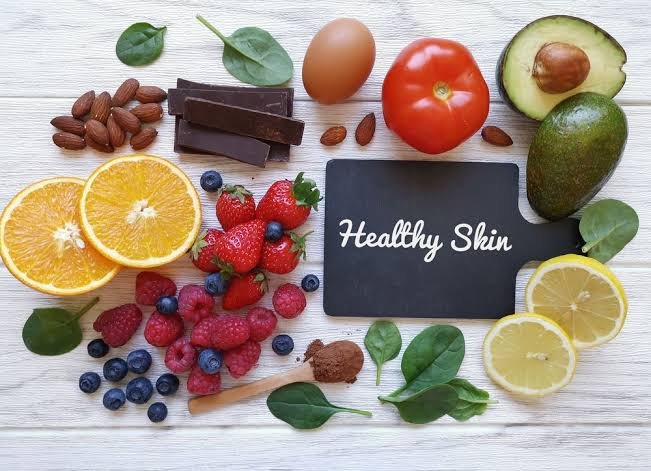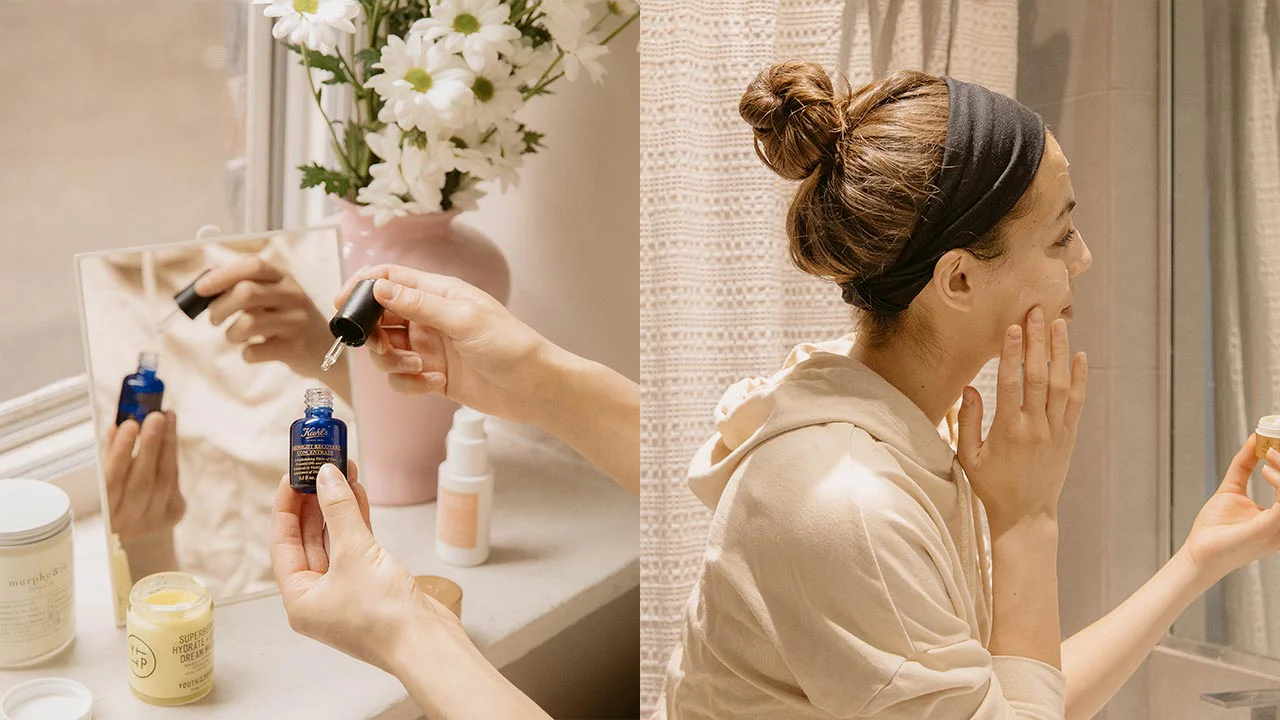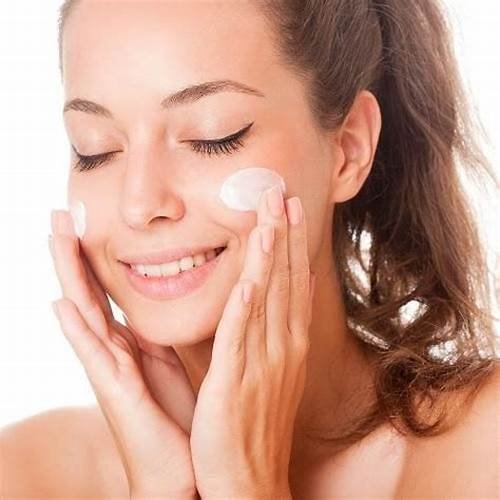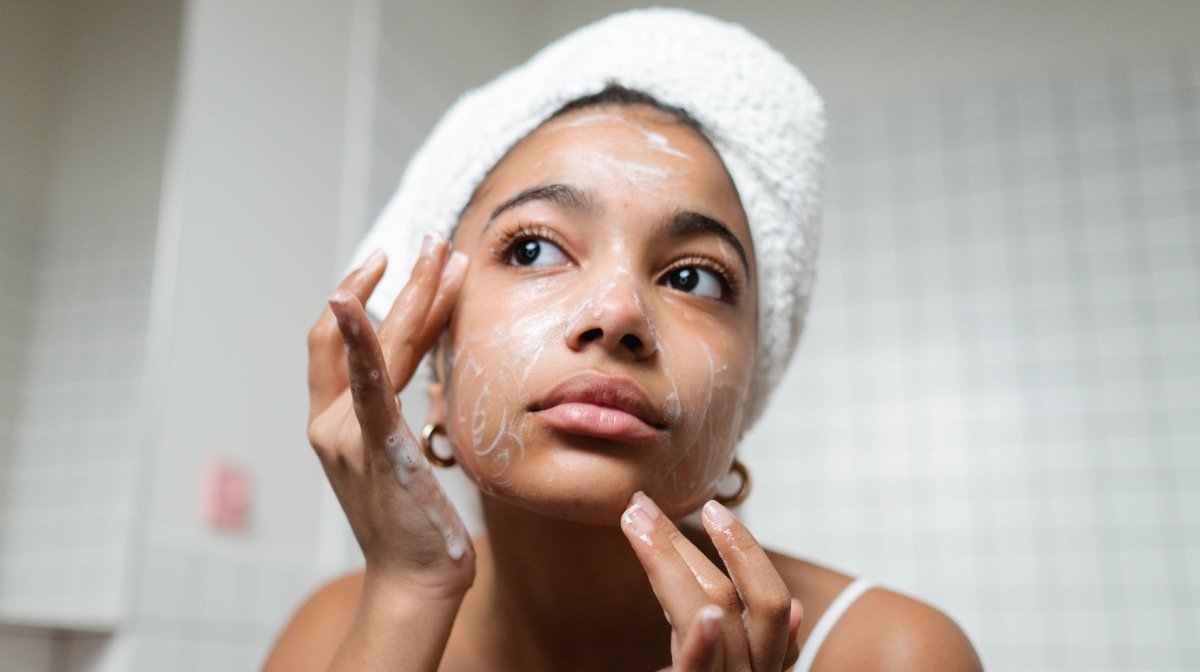Introduction: The Connection Between Nutrition and Skin Health
Your skin reflects your overall health, and the food you eat plays a crucial role in maintaining its vitality. Proper nutrition provides your skin with the essential nutrients it needs to stay healthy, fight off damage, and maintain a radiant appearance. By understanding the link between diet and skin health, you can make informed choices that benefit both your skin and your overall well-being.
Essential Nutrients for Healthy Skin
1. Vitamins: The Skin’s Best Friend
Vitamin C:
Vitamin C is vital for collagen production, a protein that keeps your skin firm and youthful. It also has antioxidant properties that protect your skin from free radical damage, which can lead to premature aging. Foods rich in vitamin C include citrus fruits, strawberries, bell peppers, and broccoli.
Vitamin E:
Vitamin E is another powerful antioxidant that helps protect your skin from oxidative stress and sun damage. It also supports skin healing and reduces inflammation. Nuts, seeds, spinach, and avocados are excellent sources of vitamin E.
Vitamin A:
Vitamin A promotes cell turnover, keeping your skin smooth and reducing the appearance of fine lines and wrinkles. It also helps in preventing acne by regulating sebum production. You can find vitamin A in foods like carrots, sweet potatoes, and leafy greens.
2. Healthy Fats: Nourishment from Within
Omega-3 Fatty Acids:
Omega-3 fatty acids, found in fish like salmon, as well as flaxseeds and walnuts, are essential for maintaining your skin’s lipid barrier. This barrier locks in moisture and keeps your skin hydrated, soft, and supple. Omega-3s also have anti-inflammatory properties that can help soothe irritated or sensitive skin.
Monounsaturated Fats:
These healthy fats, found in foods like olive oil, avocados, and nuts, are important for skin elasticity and moisture. They help your skin stay flexible and hydrated, preventing dryness and the formation of wrinkles.
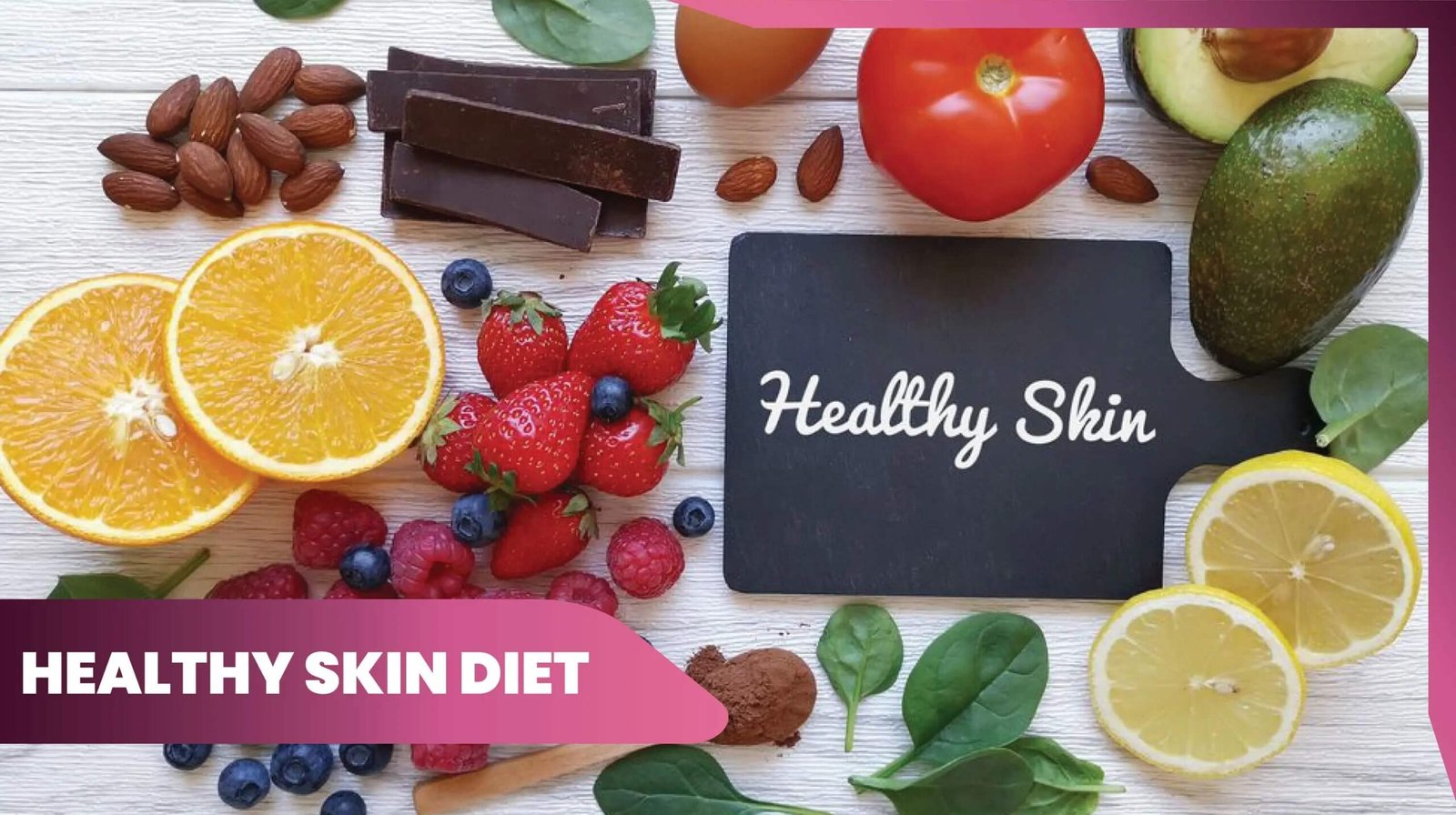
3. Minerals: The Building Blocks of Healthy Skin
Zinc:
Zinc plays a crucial role in skin repair and regeneration. It helps to control inflammation and is often used in treating acne due to its ability to regulate oil production. Foods high in zinc include meat, shellfish, legumes, and seeds.
Selenium:
Selenium is an antioxidant mineral that helps protect your skin from damage caused by UV exposure and environmental pollutants. It also supports skin elasticity and reduces inflammation. Brazil nuts are particularly high in selenium, along with other sources like fish, eggs, and brown rice.
4. Water: The Ultimate Skin Hydrator
Staying hydrated is one of the simplest and most effective ways to keep your skin healthy. Water helps maintain your skin’s elasticity, flushes out toxins, and supports overall skin function. Aim to drink at least 8 glasses of water a day to keep your skin hydrated and glowing.
The Impact of Poor Nutrition on Skin Health
Poor nutrition can have visible effects on your skin. Diets high in processed foods, sugar, and unhealthy fats can lead to a variety of skin issues, including:
- Acne: High-glycemic foods, such as white bread and sugary snacks, can cause spikes in blood sugar and insulin levels, leading to increased oil production and acne.
- Dryness: Lack of healthy fats and hydration can result in dry, flaky skin.
- Premature Aging: Deficiencies in antioxidants like vitamins C and E can accelerate the aging process, leading to wrinkles and loss of skin elasticity.
Incorporating Skin-Friendly Foods into Your Diet
To support healthy skin, focus on a balanced diet rich in whole foods, including:
- Fruits and Vegetables: Aim for a variety of colors to ensure you’re getting a broad range of vitamins and antioxidants.
- Lean Proteins: Include sources of lean protein like chicken, turkey, and tofu to support collagen production.
- Whole Grains: Opt for whole grains like quinoa, brown rice, and oats, which provide essential nutrients and help maintain stable blood sugar levels.
- Healthy Fats: Incorporate sources of healthy fats like avocados, nuts, seeds, and fatty fish.
Conclusion: Nourish Your Skin from the Inside Out
Good nutrition is the foundation of healthy skin. By fueling your body with the right nutrients, you can enhance your skin’s natural beauty and resilience. Remember that what you eat has a direct impact on your skin’s health and appearance, so make dietary choices that support your skin’s needs. With a balanced diet rich in vitamins, minerals, and healthy fats, you can achieve and maintain a glowing complexion that reflects your overall well-being.

